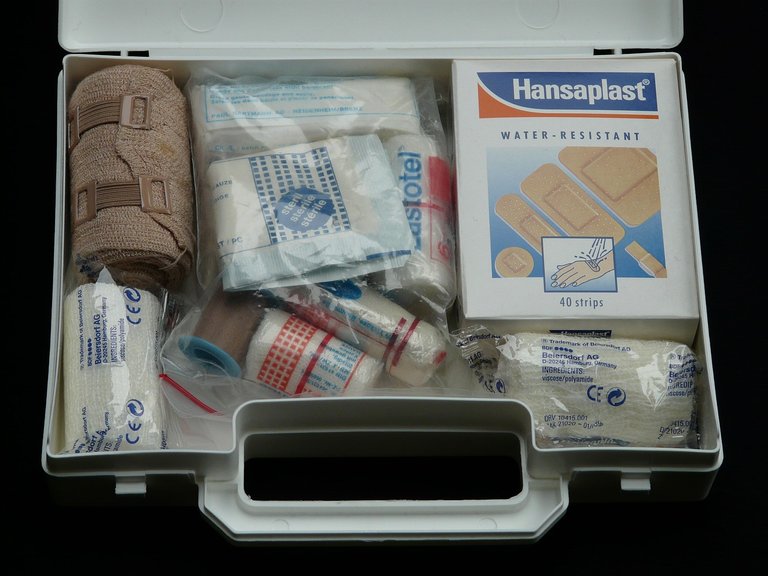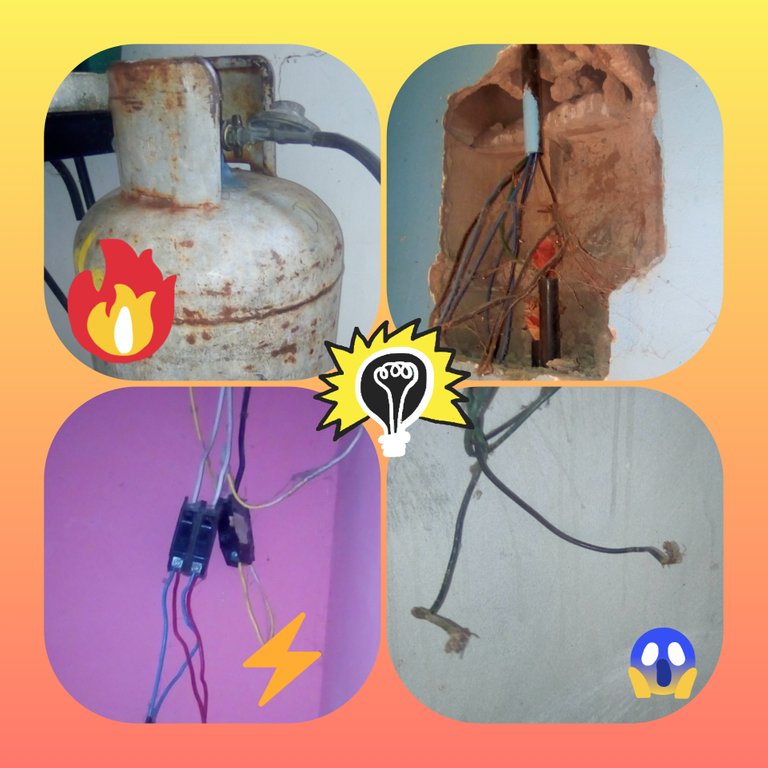
Últimamente hemos visto en las noticias que han ocurrido muchos desastres causados por la fuerza de la naturaleza. Terremotos, inundaciones, erupciones volcánicas, tsunamis entre otros. Alguien pudiera decir, lleno de optimismo, que es impensable que algo como esto lo alcance a él o a su familia, y en realidad ese sentimiento esta muy arraigado en el buen deseo de tener y mantener a nuestras familia alejadas del peligro.
Pero algo que hemos aprendido con el tiempo es que estos desastres son impredecibles, y todos estamos expuestos a ellos, o al menos a los efectos que estos puedan desatar en nuestro clima.
Los hechos más recientes en la isla tonga, dejan claro que los daños pueden ser muchos y los efectos desbastadores pueden viajar miles de kilómetros y alcanzar a alguien que duerme plácidamente al otro lado del planeta.
Estas vivencias nos deben llevar a estar atentos, preparados para cualquier eventualidad. Hay un sabio proverbio que dice: 'El prudente ve el peligro y se esconde', dando a entender con esas palabras de que debemos hacer lo que muchas organizaciones han recomendado, no importa en qué lugar del mundo vivamos: preparar a nuestras familias para enfrentar cualquier tipo de desastres y tener preparado los bolsos de emergencia de cada miembro de nuestro hogar.
Se ha recomendado organizar este bolso con artículos que son muy útiles a la hora de enfrentar una situación de emergencia. De repente, al hablar de una situación de emergencia, alguien pudiera pensar solo en terremotos, tsunami o un derrumbe de un talud de tierra. Pero hay otras situaciones que se presentan y que son de extrema emergencia.
Por ejemplo, una fuga de gas en una casa es una situación de peligro inminente. También un corto circuito eléctrico puede llegar a ser una situación de vida o muerte. En cualquiera de los casos, lo mas prudente es buscar un lugar seguro, pero antes de salir de casa, deberíamos haber pegado mano a nuestro bolso de emergencia.

¿Que debería contener este bolso?
Se recomienda tener 'lo necesario' para nuestra situación de emergencia, tales como:
Elementos de primeros auxilios tales como vendas, curitas, alcohol, gasa entre otros.
Elementos de comunicación: un radio, un teléfono, un silbato, lápiz, papel entre otros.
Elementos de higiene e hidratación: agua, suero, jabón, cloro, entre otros.
Elementos legales: documentos, pasaportes, carnet de identidad, entre otros.

En internet hayamos mucha información referente a este tema, solo tenemos que mostrar interés en practicarla, ya que los "sucesos imprevistos" pueden tomarnos por sorpresa. La realidad es que debemos estar atentos, preparados y listos para enfrentar cualquier eventualidad.

Lately we have seen in the news that there have been many disasters caused by the force of nature. Earthquakes, floods, volcanic eruptions, tsunamis among others. Someone might say, full of optimism, that it is unthinkable that something like this will reach him or his family, and actually that sentiment is deeply rooted in the good desire to have and keep our families out of harm's way.
But one thing we have learned over time is that these disasters are unpredictable, and we are all exposed to them, or at least to the effects they can unleash on our climate.
Recent events on the island of Tonga make it clear that the damage can be extensive and that the devastating effects can travel thousands of miles and reach someone sleeping peacefully on the other side of the planet.
These experiences should lead us to be vigilant, prepared for any eventuality. There is a wise proverb that says: "The wise man sees danger and hides", implying with these words that we should do what many organizations have recommended, no matter where in the world we live: prepare our families to face any type of disaster and have prepared the emergency bags of each member of our household.
It has been recommended to organize this bag with items that are very useful when facing an emergency situation. Suddenly, when talking about an emergency situation, someone may think only of earthquakes, tsunamis or a landslide. But there are other situations that present themselves as extreme emergencies.
For example, a gas leak in a house is a situation of imminent danger. An electrical short circuit can also be a life or death situation. In either case, the most prudent thing to do is to look for a safe place, but before leaving home, we should have taken our emergency bag.

What should be in this bag?
It is advisable to have 'the necessities' for our emergency situation, such as:
First aid items such as bandages, plasters, alcohol, gauze among others.
Communication items: a radio, a telephone, a whistle, pencil, paper, among others.
Hygiene and hydration items: water, serum, soap, chlorine, among others.
Legal items: documents, passports, identity cards, among others.

On the Internet there is a lot of information on this subject, we just have to show interest in practicing it, since "unforeseen events" can take us by surprise. The reality is that we must be attentive, prepared and ready to face any eventuality.

Translated with www.DeepL.com/Translator (free version)
Congratulations @wendy2022! You have completed the following achievement on the Hive blockchain and have been rewarded with new badge(s):
Your next target is to reach 20 posts.
You can view your badges on your board and compare yourself to others in the Ranking
If you no longer want to receive notifications, reply to this comment with the word
STOPTo support your work, I also upvoted your post!
Check out the last post from @hivebuzz:
Support the HiveBuzz project. Vote for our proposal!
Great idea and many should be prepared
Yes. It's true... Some of us live in quiet places, but we should not be overconfident. We must be prepared for any disaster, whether natural or domestic.